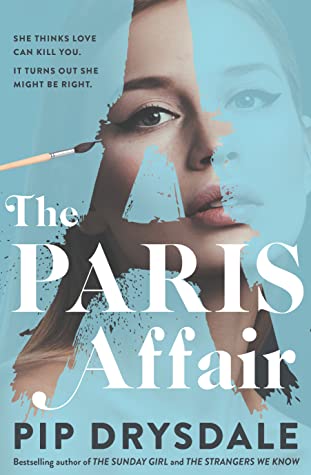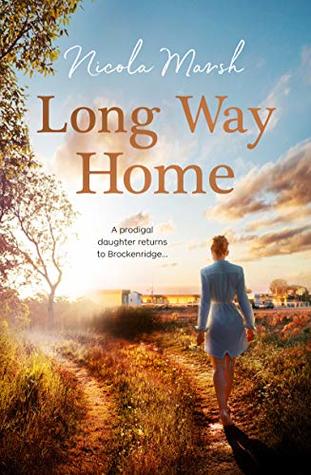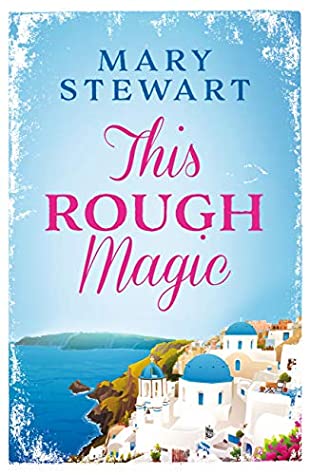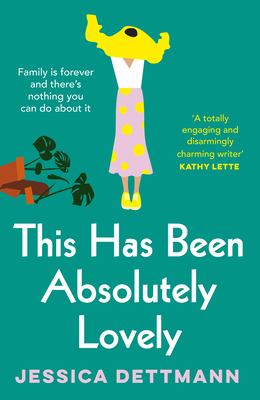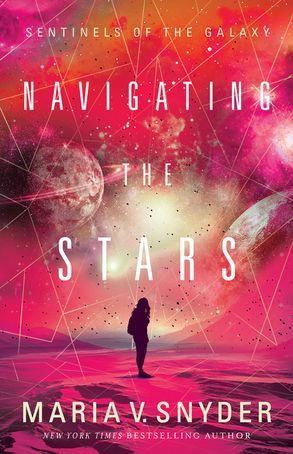Book Review: The Thursday Murder Club by Richard Osman
I saw Osman interviewed on the Graham Norton show not long back so I know he’s very well known in the UK as a tv presenter (as an Aussie, I was clueless) but I hope he’s getting enough recognition as a writer there also as this, his debut, was such a great read.
The Thursday Murder Club comprises of four residents of a retirement village in Kent who get together every Thursday to go over police cold cases, hoping to one day notice something the police have missed. Then, the retirement village’s builder is found dead and the club suddenly have a real time murder to solve.
This book was hilarious. Most chapters I lost it from just laughing and laughing. Osman did a fantastic job of making you laugh without mocking the oldies. Well, not too much anyway. And the times he did, he allowed them to keep their dignity. In fact, the bulk of the jokes come about because the oldies continually manage to one-up the younger characters, especially the two police officers they [basically recruit] to assist them in their hunt for the killer.
Other than the fact they’re all extremely intelligent, all four members of the murder club have very different personalities. I loved all four and would find it difficult to determine who was my favourite. They each get their moment to shine.
The murder mystery plot line was pretty good. I did guess one or two things but, by the end, there are so many threads you’d have to tie together to solve everything, so I imagine most readers should be satisfied.
If I had a complaint it would be the number of times Osman had a character find something out which they didn’t share with the reader. You know, the phone call where someone tells them something, or where they read something, and they go ‘Oh! Now that is interesting’ and… cut, end of chapter. Grrr. It’s not my favourite thing authors do. It’s only a minor whine though.
I listened to the audible version, narrated by one of my favourite actresses Lesley Manville. She never let me down and her accents and choices for the characters were all excellent.
I am so pleased there will be a sequel. I will definitely be rushing out to read it. Easily a 5 out of 5

